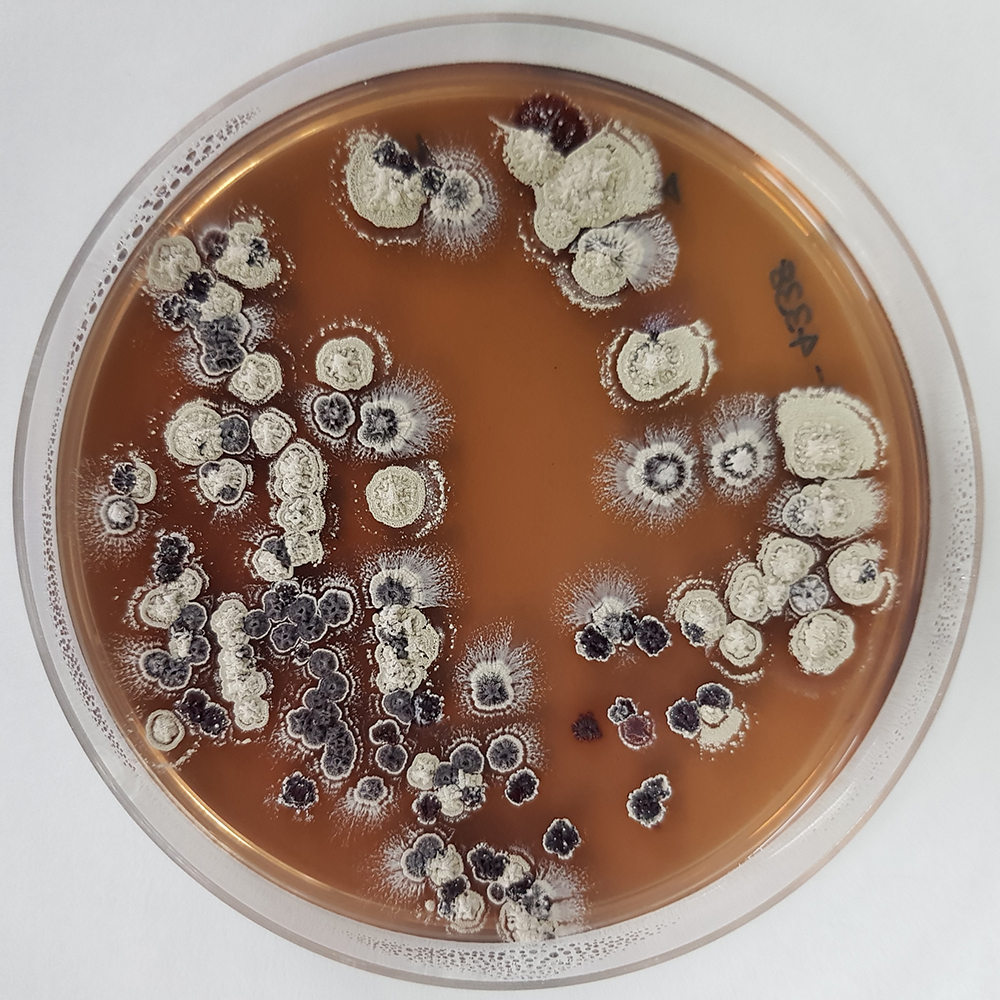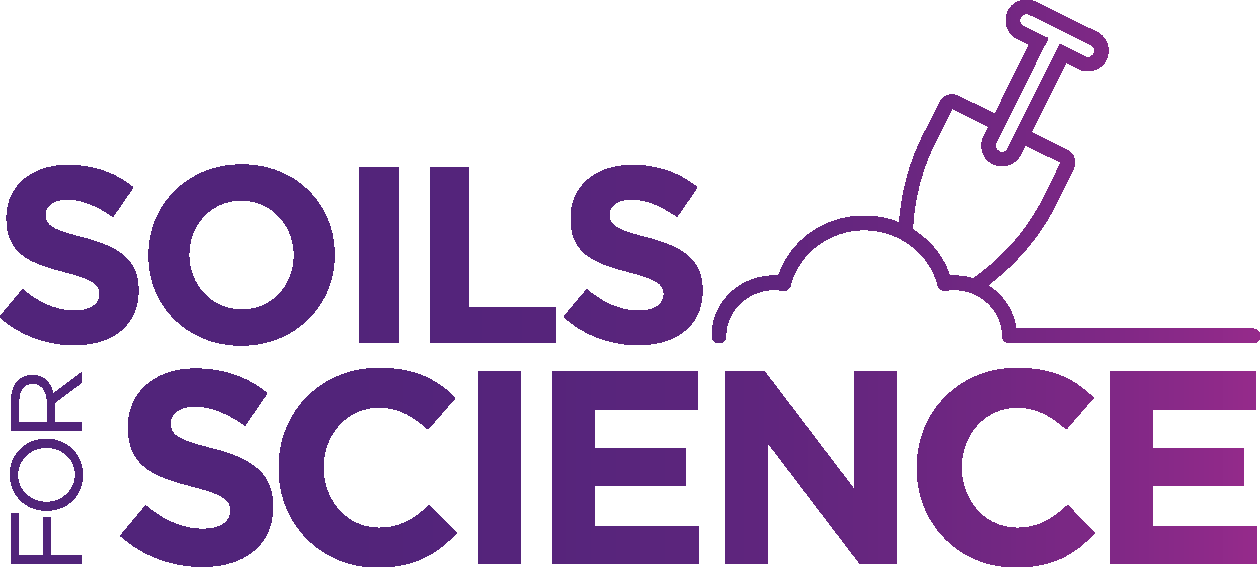A one-stop-shop. A living library. A global repository.
Call it what you will, a team of IMB researchers is assembling a unique arsenal of weapons in the fight against an alarming global public health crisis.
Antibiotic resistance is reaching a critical point in both developed and emerging countries, and without the discovery and development of new, safe and effective antibiotics, the death toll could be staggering and the economic impact monumental.
Antibiotic resistance a global crisis
The UK government-commissioned Review on Antimicrobial Resistance (2016) predicted that, if left unchecked, drug-resistant infections could cause up to 10 million deaths globally per year by 2050, about one person every three seconds.

IMB Director Professor Ian Henderson said this shocking death rate would see more people dying from drug-resistant infections than from cancer and COVID-19, and cost the world more than $USD100 trillion in lost output.
“All modern medicine is reliant on access to effective antibiotics. Without them, we lose the capacity to perform much of what we take for granted: for example, most surgery would cease because the risk of post-operative infection would be too high and chemotherapy treatment would be far too risky,” Professor Henderson explained.
“The rise of antibiotic-resistant bacteria and fungi – so-called ‘superbugs’ – has the potential to set medicine back almost 100 years to a pre-penicillin-era if we don’t take drastic action.”
The World Health Organization has declared antibiotic resistance “one of the biggest threats to global health, food security, and development today” and delivered a global action plan to tackle the issue.
Soil solution could be in your backyard
Aiding that action plan is Soils for Science, a newly launched IMB citizen science project that offers the promise of fast-tracking the discovery of next-generation antibiotics.
IMB Professorial Research Fellow Rob Capon said the project calls on Queenslanders to collect soil from across the state to allow researchers to analyse the rich microbial biodiversity, and harvest vital leads for antibiotics and other life-saving medications.
The ambitious project aims to collect up to 100,000 soil samples, from which researchers hope to assemble a globally accessible repository of more than two million microbes.
Professor Capon said most of the past century’s blockbuster drugs came from valuable chemical discoveries in microbial natural products, starting with the 1928 discovery of penicillin in a fungus.
“Microbes have been on the planet longer than anyone else so have had millions of years to develop sophisticated chemical defences. That one microbe can use chemical defences to kill another to take over its space without any harm to itself, is the very nature of how antibiotics work,” he said.
Queensland an untapped source for new microbes
With a landmass covering 1.7 million square kilometres and a natural environment among the most biodiverse in the world, Queensland is an untapped source of potential antibiotic leads.
“No one has looked at Queensland in this way before. Soils for Science is the only initiative exploring and analysing the state’s microbial bounty on this scale, which is going to work to our advantage,” Professor Capon said.
"Queensland covers a big chunk of real estate that, in turn, covers a lot of different zones including desert, wetlands and bushland; climatically diverse areas with high rainfall and those with no rainfall; regions with rich loamy soils and those with poor nutrient-loaded soil.
“I expect we will be overwhelmed with choice.”
Soil for Science’s resulting living library of microbes will be accessible to scientists and researchers across Australia and overseas, working to develop new antibiotics.
Professor Capon predicts that in addition to uniting Queenslanders and galvanising them in a common scientific goal, Soils for Science will also deliver a valuable educational component.
“This is a very clear and practical way to inform people about antibiotic resistance – a huge public health crisis that is only getting worse – and show them there is a solution if we all lend a hand.”
Visit Soils for Science to learn more about the project and to order a free soil collection kit.

Help us find the next antibiotic
